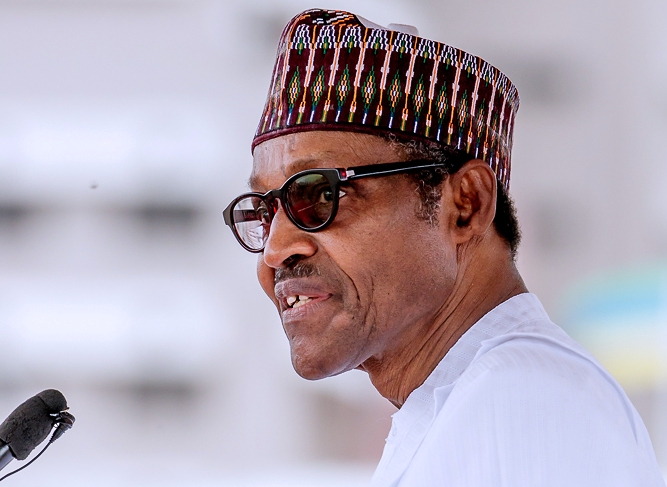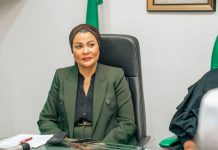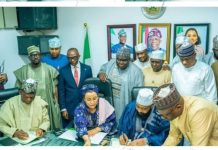The Federal Government will focus on greater development of irrigation facilities in the country, and encourage more people into agriculture, President Muhammadu Buhari has pledged.
He spoke Friday at State House, Abuja, during the 6th regular meeting with the Presidential Economic Advisory Council (PEAC), led by Professor Doyin Salami.
President Buhari said agriculture was a good way for the country to overcome economic challenges confronting it, stressing: “We need to go back to the land. Technology is doing away with petroleum, but we are lucky we have other resources; Gas, vast arable land, which we are not using enough.”
The President was responding to disclosure by Prof Salami, in his presentation, that only 2% of land under cultivation is irrigated, recommending that apart from government efforts, incentives are needed for private people to enter the sector.
On the security challenges, which PEAC said was having great repercussions on the economy, President Buhari charged leadership at every level to go back to the basics, noting that a bottom-up approach was necessary, from ward, to local council, states, and federal.
He decried the situation in which some unscrupulous people tried to undermine every policy of government, irrespective of the good it was meant to achieve for the country.
“Some people are mercilessly against this country,” the President said. “We closed the borders to control the smuggling of petroleum products, and check the influx of smuggled goods, arms and ammunition. That was when the Comptroller General of Customs called me, saying 40 tankers laden with petrol had been impounded. I told him to sell the fuel, sell the trucks, and put the money in the treasury.
“They still brought arms and ammunition into the country, brought in rice in vehicles and motorcycles. I said shoot anyone found illegally with AK-47, yet they haven’t stopped. People must show consideration for their own country.”
PEAC submitted that the global economy has continued to improve as COVID infections drop and roll-out of vaccination intensifies, adding that the Nigerian economy, though out of recession, remains fragile with inflation rising, unemployment high, and external account weak.
Policy, the economic advisory body said, “must urgently address the challenges of rising prices.”
Among other issues recommended by PEAC are; decisive end to all forms of insecurity in the country, mobilization of resources for investment, hastened implementation of agricultural reform policies, passage of the Petroleum Industry Bill (PIB) as a basis for revitalizing the industry, poverty reduction, employment generation, and incentives for private investment in irrigation, to promote all-year-round farming.
Femi Adesina








